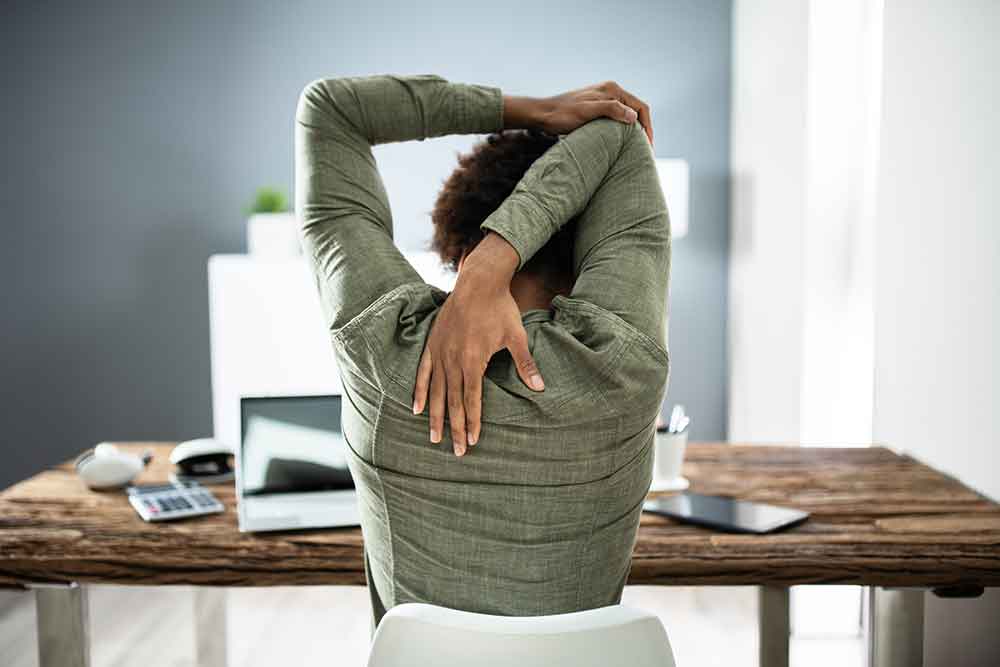Knee
Knee Pain
Sudden pain in one of the knees is usually the result of overusing the knee or injuring it. In many cases, you don’t need to see your GP.
The knee joint is particularly vulnerable to damage and pain because it takes the full weight of your body and any extra force when you run or jump.
You’re more likely to experience knee pain as you get older, and people who are overweight or do lots of sports have a higher risk of damaging their knees. Some sports that involve a lot of turning, such as football, netball and skiing, carry a particularly high risk of knee injuries.
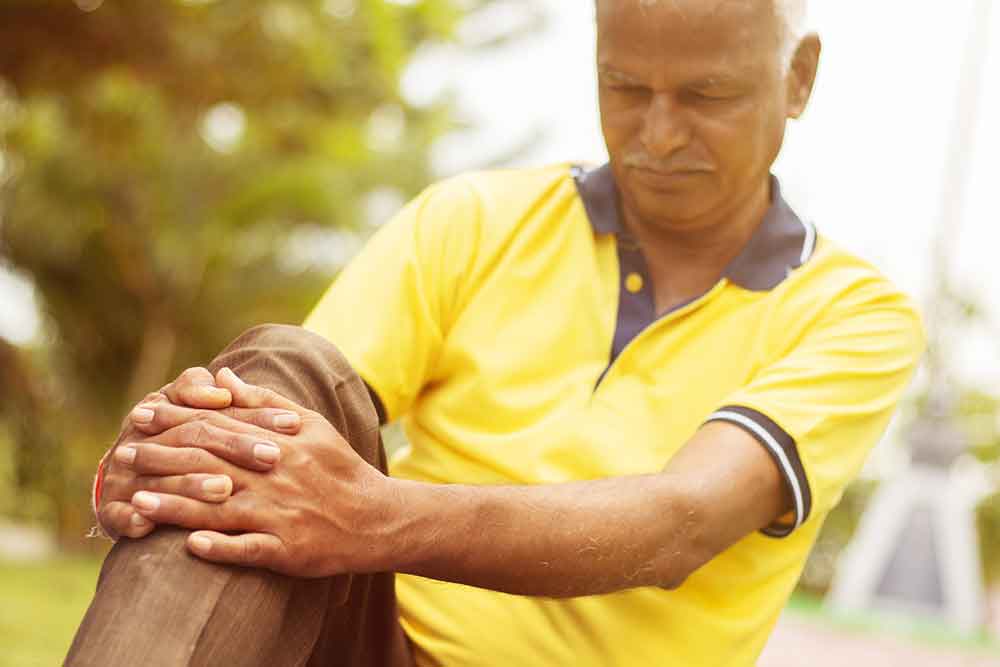
When to see your GP
You should see your GP if:
- you cannot put weight on your knee at all
- you have severe pain even when you’re not putting weight on it, such as at night
- your knee locks or painfully clicks (painless clicking is OK)
- your knee keeps giving way
- you’re unable to fully bend or straighten your knee
- your knee looks deformed
- you have fever, redness or heat around the knee, or it’s very swollen
- you have pain, swelling, numbness or tingling of the calf beneath your affected knee
- the pain doesn’t start to improve within a few weeks or you have pain that’s still severe after a few days of caring for your knee at home
Your GP will do a careful examination of the knee and take your medical history. They may also arrange further tests such as blood tests, an X-ray or a magnetic resonance imaging (MRI) scan to help identify the problem. In some cases, you may need to be referred to an orthopaedic specialist.
Causes of knee pain
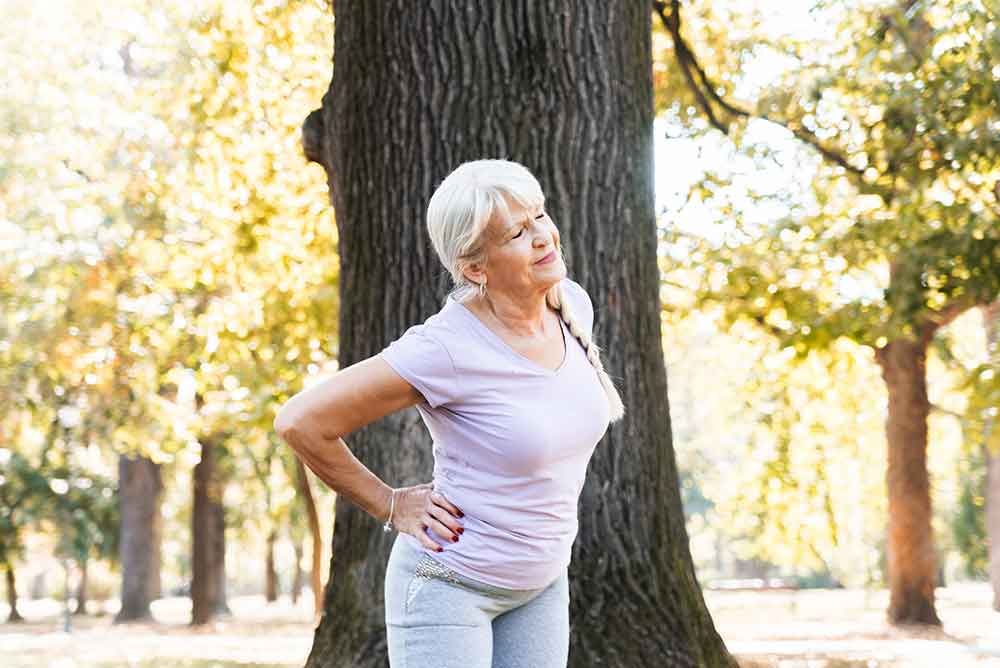
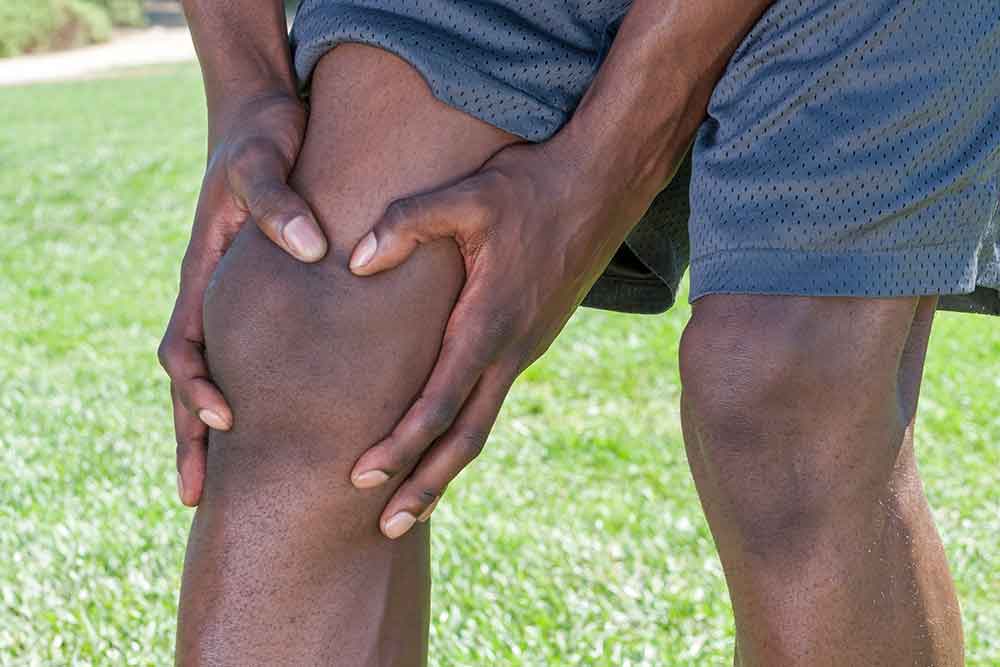
Anterior knee pain syndrome (patellofemoral pain)
Anterior knee pain syndrome (patellofemoral pain)
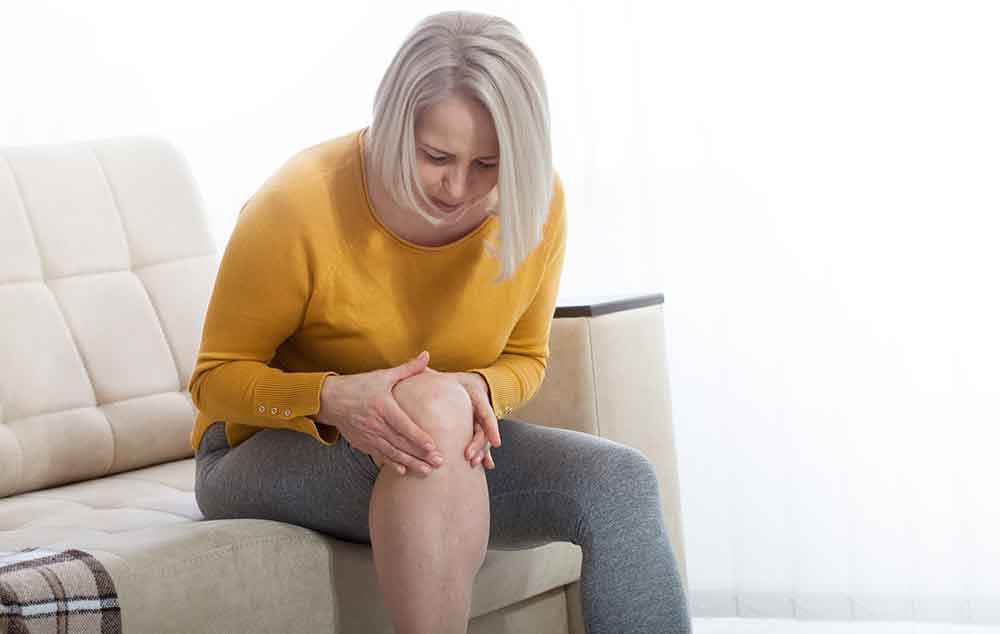
Living with Pain
